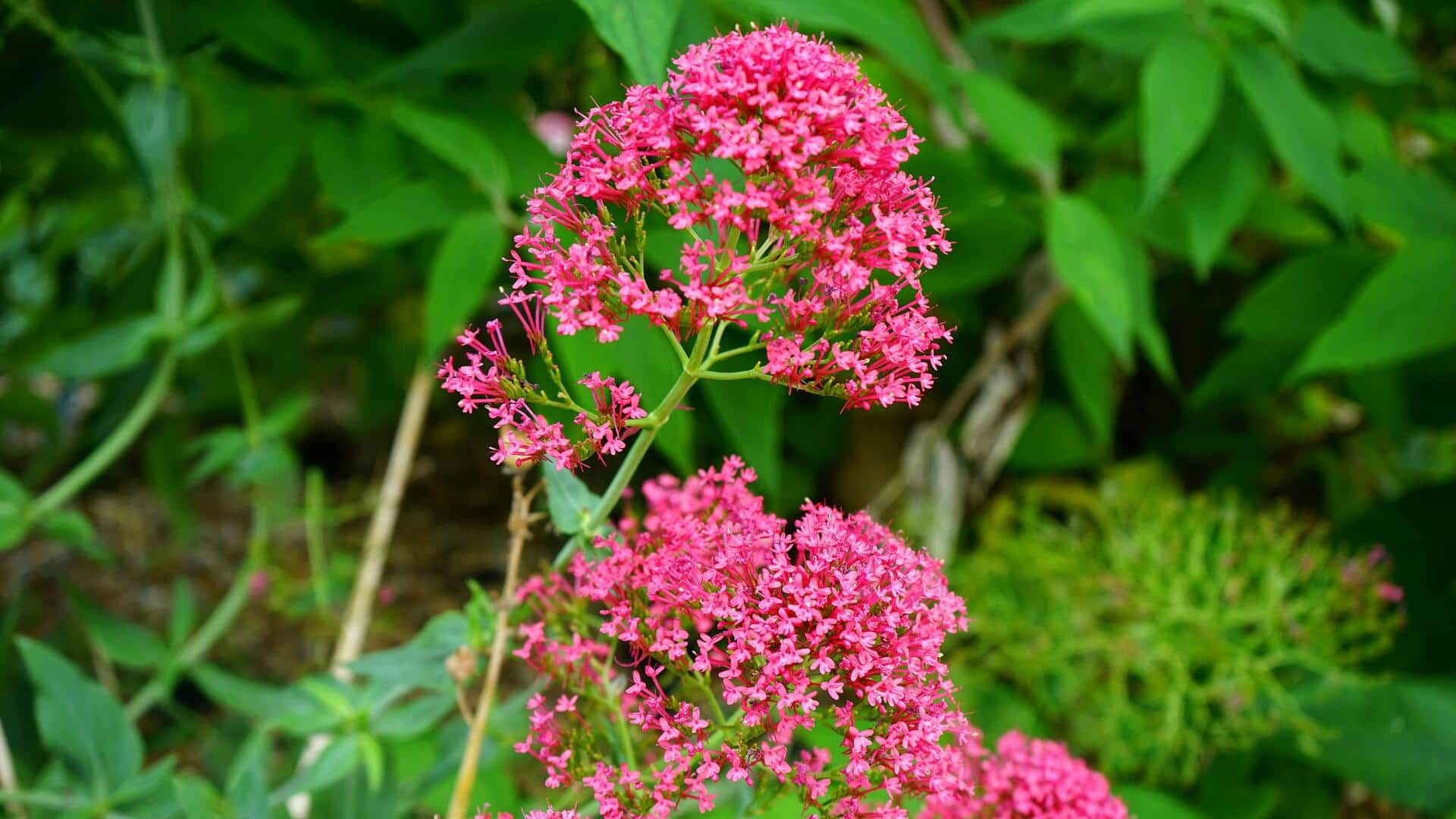
How to grow valerian at home
What's the story
Valerian, a perennial plant famous for its calming properties, is a great addition to any home garden. Its fragrant flowers and lush foliage make it an attractive option for gardeners looking for beauty and potential health benefits. Growing valerian at home can be an easy task if you know the right conditions and care it requires. Here are some tips to grow valerian successfully.
Tip 1
Choosing the right location
Valerian flourishes in moist, well-drained soil and partial shade. Pick a spot in your garden that gets a few hours of sunlight every day but is also protected from harsh afternoon rays. The soil should be rich in organic matter to retain moisture without becoming waterlogged. If your garden doesn't have such conditions, consider planting valerian in containers that can be moved around as per the weather.
Tip 2
Planting techniques for success
Start by sowing valerian seeds indoors six to eight weeks before the last frost date or directly sow them outdoors after all danger of frost has passed. Space seeds about 12 inches apart and cover them lightly with soil. Water gently but thoroughly to ensure good seed-to-soil contact. Once seedlings emerge, thin them out if necessary to maintain proper spacing.
Tip 3
Watering and maintenance tips
Valerian needs regular watering to keep its soil consistently moist but not soggy. Water deeply once or twice a week, depending on weather conditions, making sure not to let standing water accumulate around the roots. Mulching around plants can help retain soil moisture and suppress weeds effectively.
Tip 4
Pest control measures
While valerian is mostly pest-resistant, keep an eye out for aphids or slugs from time to time. If you see aphids, spray them off with water or use insecticidal soap if the infestation is severe. For slugs, place barriers around the plants or use bait traps to keep them away without harming beneficial insects in your garden.